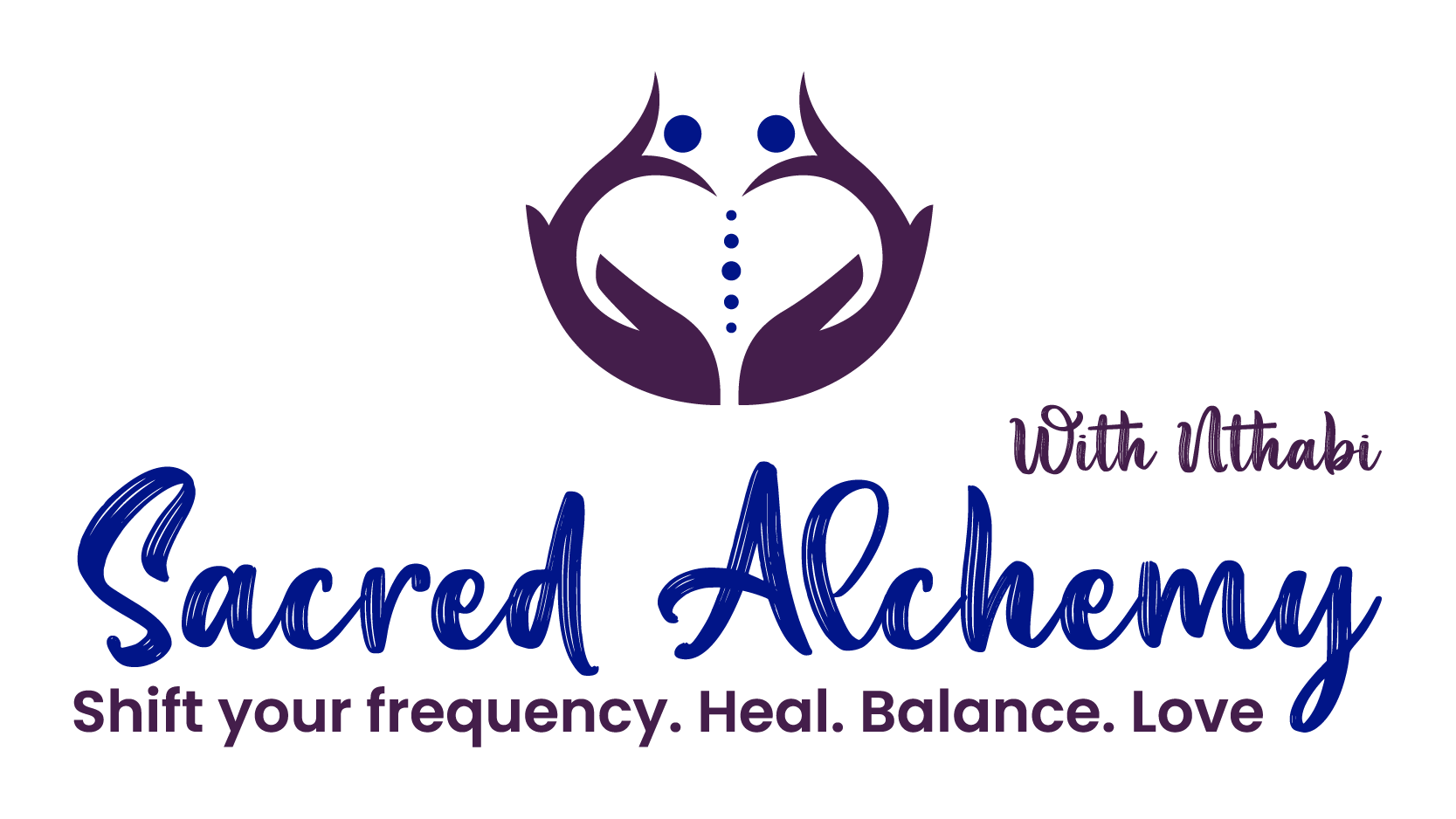FAQS
Are there any potential side effects associated with Reiki treatment?
Following a Reiki session, most individuals report feelings of relaxation and upliftment. However, there are instances where a person may experience what is commonly referred to as a healing crisis. As a person's vibration increases during a Reiki session, toxins stored in the body are released into the bloodstream to be filtered by the liver and kidneys and eliminated from the system. This process may lead to symptoms such as headaches, stomach aches, or weakness. In such cases, it is recommended to increase water intake, consume lighter meals, and get adequate rest. These symptoms are positive indicators that the body is undergoing a cleansing process as part of the healing journey.
Do you need to discontinue seeing a regular doctor or psychologist to receive Reiki treatment?
No, Reiki is intended to complement traditional medical and psychological treatments. If you have a medical or psychological condition, it is advisable to consult a licensed healthcare professional in addition to receiving Reiki therapy. Reiki energy harmonizes with all forms of healing, including medications, surgeries, psychological therapies, or other alternative treatments, thereby enhancing overall results.
Does insurance cover Reiki treatments?
While Reiki is gradually gaining recognition from insurance companies, coverage remains limited. It is recommended to inquire with your local insurance provider for specific details regarding Reiki treatment coverage.
Who can learn Reiki?
Reiki is a simple technique that does not require prior experience in healing, meditation, or any specific training. Over one million individuals from diverse backgrounds, both young and old, have successfully learned Reiki. The ease of learning Reiki lies in the unique teaching method, where the ability to perform Reiki is transferred from the teacher to the student through a process called attunement during a Reiki class. Once attuned, individuals gain the ability to practice Reiki for themselves and others.
Is Reiki a Religion?
Although Reiki energy is spiritual, Reiki is not a religion. Practitioners are not asked to change their religious or spiritual beliefs. They are free to continue believing anything they choose and are encouraged to make their own decisions concerning the nature of their religious
How long does it typically take to experience the effects of Reiki?
Many individuals report feeling an improvement in their well-being after just one session. It is important to note that each person's experience with Reiki is unique, so the timeline for noticing results may vary. The effects of Reiki can manifest in a variety of ways, ranging from subtle shifts to more profound transformations."
What is required to facilitate an online Reiki session?
To conduct a distant Reiki session, we simply require the recipient's full name, any nicknames they may go by, and a clear photograph of them.
Do you need to believe in distant Reiki to receive its benefits?
No. Reiki is a powerful healing tool that can benefit anyone, regardless of their beliefs. Our bodies have a natural ability to receive healing energy when it is needed, without the need for conscious belief or understanding. Reiki is a universal form of healing that works on a deep level, promoting balance and well-being in the body and mind.
Who chooses online Reiki
I offer online Reiki services to individuals who are ill, such as cancer patients, or elderly clients who are unable to leave their homes or hospitals due to health issues. New mothers who are in confinement also appreciate the convenience of online Reiki sessions to aid in their postpartum recovery.
The popularity of online Reiki healing sessions has been on the rise, with more clients opting for this convenient option. Many individuals have health concerns that make in-person sessions challenging, while frequent travelers appreciate the flexibility of receiving the benefits of Reiki while on the go.
